Find out: America's rich barbecue heritage
Exploring the charred history, regional flavours, and passion behind every grill
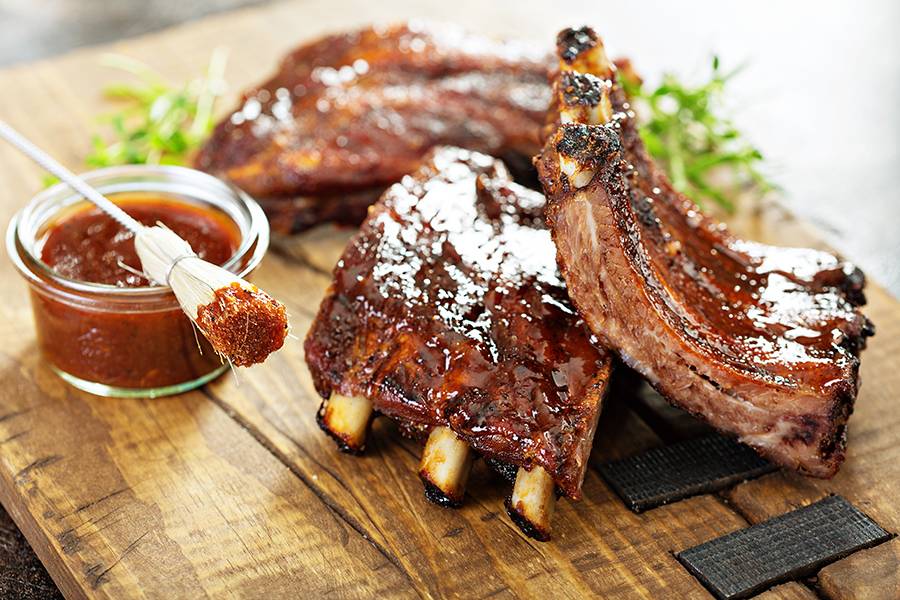
Dubai: Barbecue isn't just about grilling burgers and hot dogs on Independence Day. It's a deeply rooted American tradition that reflects the nation's rich tapestry of cultures and history.
A culinary journey with Indigenous roots
The story of barbecue stretches back to the 1700s when enslaved Africans in Virginia were tasked with preparing food for British colonists. These resourceful cooks used techniques from Native Americans, utilizing rotating spits, raised platforms, and shallow pits for smoking and grilling meats.
The word "barbecue" itself pays homage to these indigenous influences, stemming from the Taino Indian term "barbecoa."
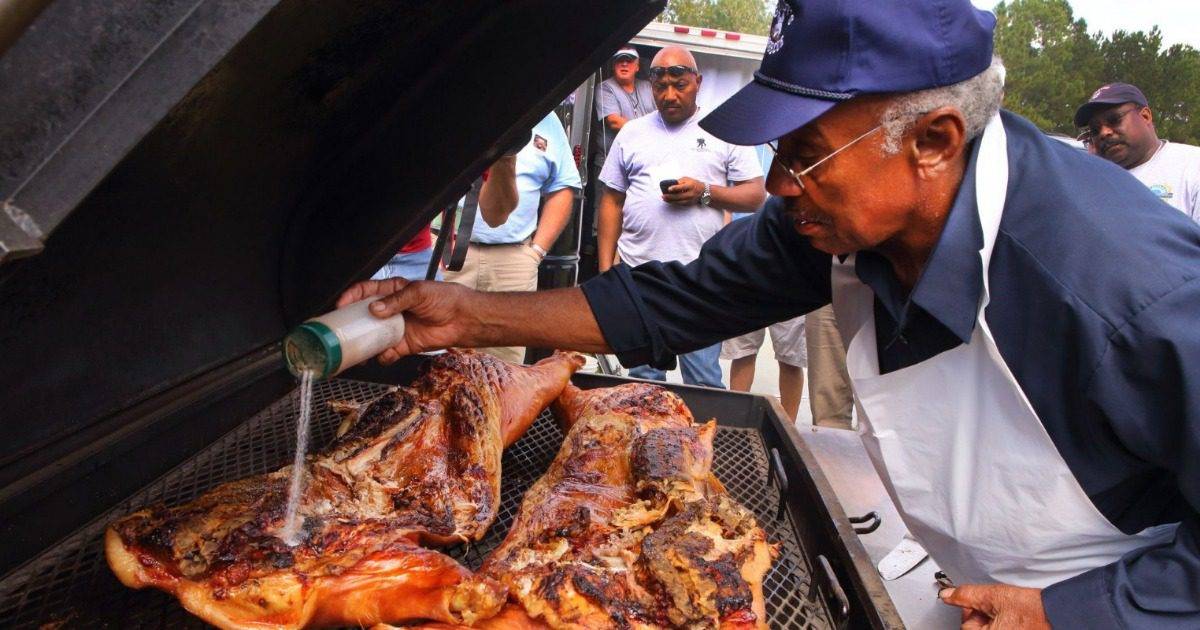
Regional variations emerge
Over time, distinct regional variations of barbecue emerged, a testament to the diverse influences that shaped American cuisine. As Steven Raichlen, author of The Barbecue Bible, puts it, "We are open to flavors from everywhere in the world, and we taste it and we make it our own."
In the Carolinas, a love affair with pork reigns supreme.
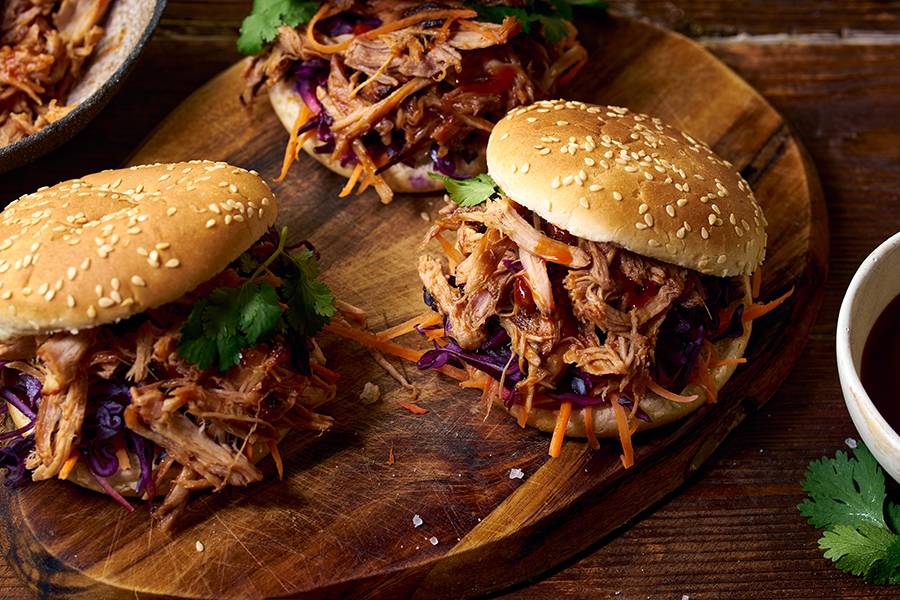
Travel further south to Alabama, Georgia, and Mississippi, and you'll find chicken holding its own against pork on the menu.
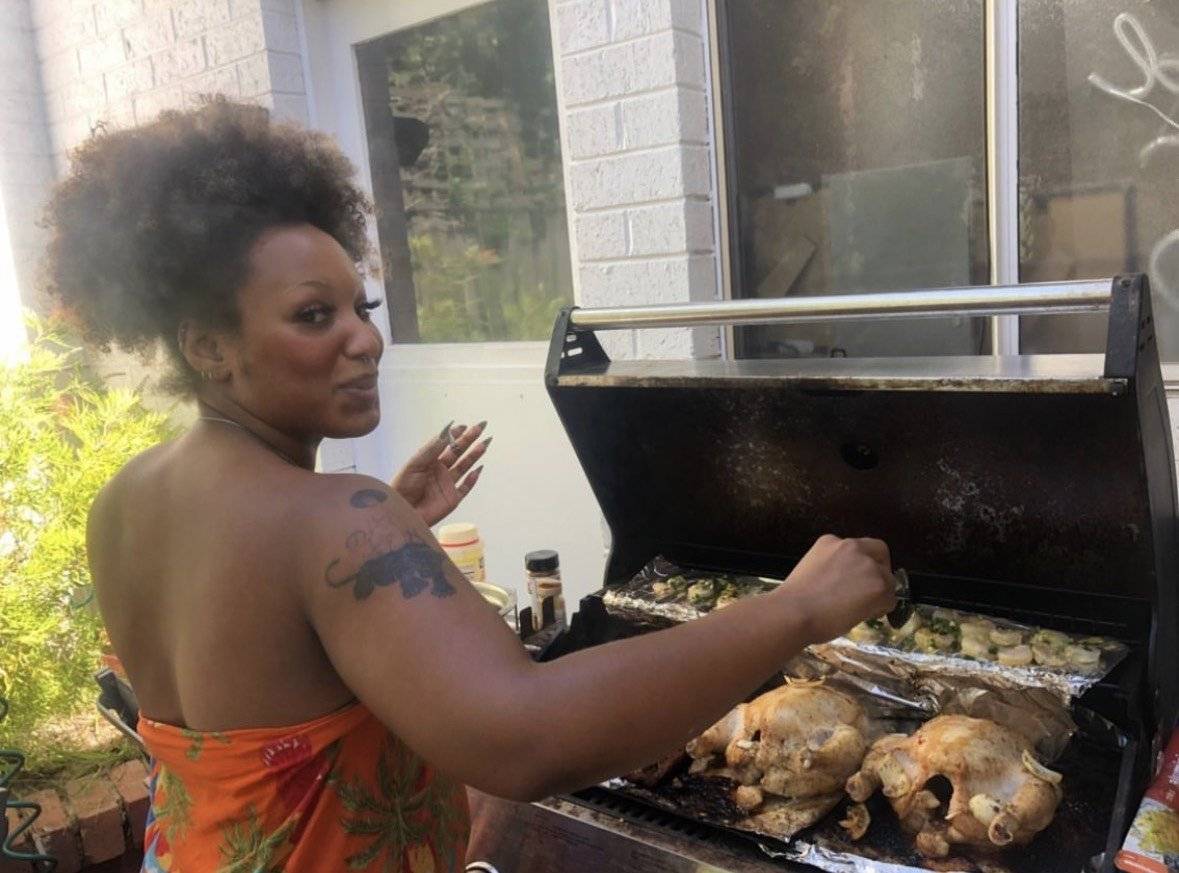
Head west to Texas, and a unique "trinity" of brisket, sausage, and pork ribs take center stage.
While the availability of livestock played a role in these variations, regional wood choices significantly impacted the flavor profiles.
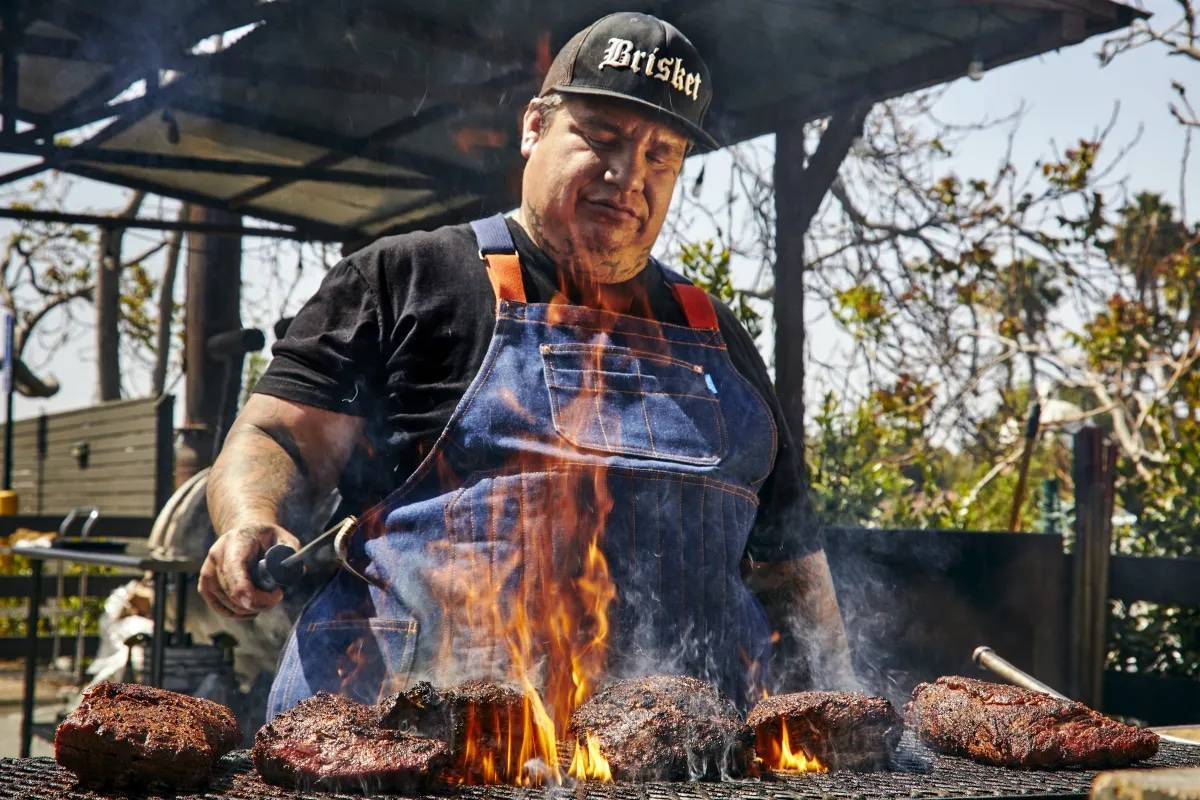
Hickory smoke imbues a distinct character to Southern barbecue, while mesquite or oak add their twist in Texas, and maple takes center stage in Northern styles.
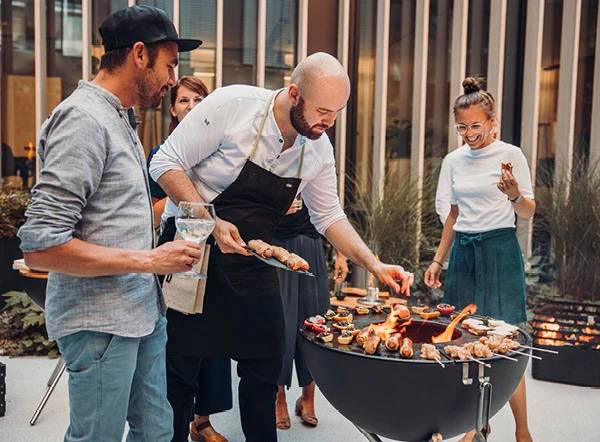
The pit master's art
But the heart of barbecue lies not just in the meats or the wood, but in the skilled touch of the pit master.
"It's truly an American style of food and eating," explains Raichlen. The pit master's expertise in slow-roasting and infusing the food with smoke creates the magic that defines great barbecue.
Carrying on the legacy: Ewald's Bar-B-Q
Ewald's Bar-B-Q in Perryville, Missouri, exemplifies how barbecue traditions are passed down through generations.
Founder Ewald Buchheit, influenced by his travels and experience as a U.S. Army cook during World War II, opened the restaurant in 1946. While technology has evolved from brick pits to modern smokers, the core of Ewald's tradition remains unchanged.
Their barbecue continues to be slow-cooked over hickory wood, and the family's original recipes, including their signature vinegar-based coleslaw and creamy potato salad, are still served with pride.
More than just a meal: A celebration of community
For Eric Buchheit, who now runs Ewald's with his family, barbecue transcends mere food or cooking methods.
"There's no rules to true American barbecuing," he says. "You throw it on the smoker, and if you're putting love and family and a good time into it, then you're having a barbecue."
Barbecue is about gathering with loved ones, sharing stories, and creating memories around a shared experience. It's a celebration of community, a testament to America's rich cultural heritage, and a delicious way to mark occasions like Independence Day.